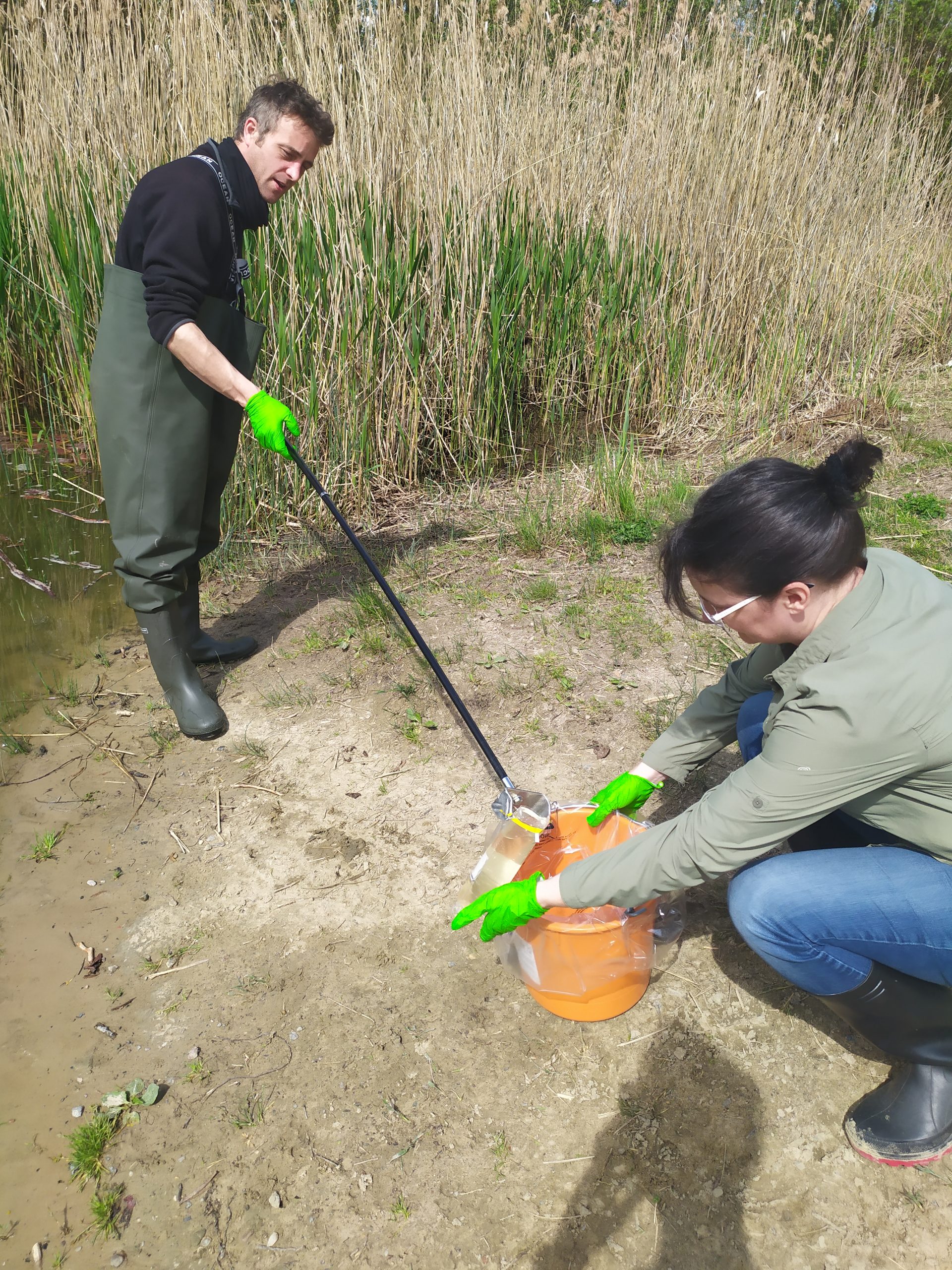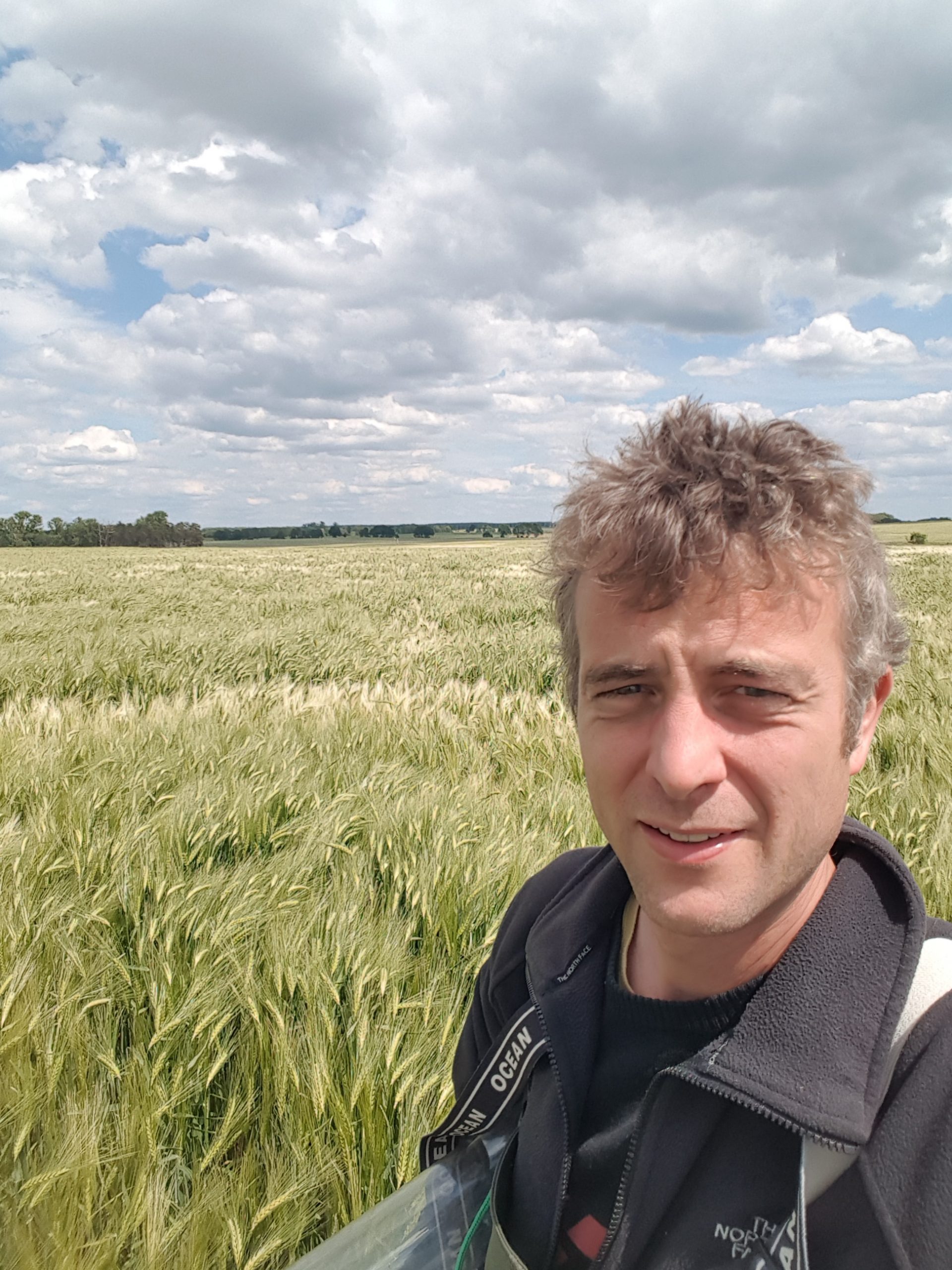I’m an aquatic ecologist working on the ecology of temperate, dryland and tropical aquatic systems. I’m particularly fascinated by the processes underpinning community assembly, biodiversity and food web structure in relation to human induced ecosystem alteration. It is my ultimate objective to enhance our understanding of the structure and the functioning of aquatic ecosystems, and to translate scientific insights into effective and sustainable ecosystem conservation.
I obtained my masters in Biology at KU Leuven (Belgium), where I subsequently conducted my PhD research focusing on the importance of fish community structure for freshwater biodiversity and ecosystem functioning of man-made ponds. This research has contributed to the development of a science-based biodiversity conservation plan for a large Natura 2000 fish pond region in Belgium (De Wijers). I spent several years as post-doc in the research group of Luc De Meester at KU Leuven working on a variety of research projects dealing with aquatic ecology and biodiversity in relation to human induced environmental pressures. More recently, I’ve combined working at KU Leuven with a post-doc position in the research team of Thomas Mehner at the Leibniz Institute für Gewasserökologie und Binnenfischerei (IGB) (Berlin, Germany). My current research activities relate to community ecology and conservation biology in ponds, lakes and wetlands in temperate and tropical regions.

I’m involved in multiple work packages of the PONDERFUL project, but most notably I deal with the collection and analysis of empirical data. In collaboration with a team of engaged master and PhD students at IGB and KU Leuven, I contributed to the collection of field data from a large number of ponds in Belgium and Germany. I’m also responsible for combining data from multiple research teams together into one integrated database that we will use for an overarching analysis of patterns of biodiversity and ecosystem functioning in relation to land-use intensity along gradients of climate.
PONDERFUL is highly inspiring as the project is driven by an international and interdisciplinary consortium of passionate researchers. Together, we’re highlighting the importance of small standing waterbodies in climate change mitigation and adaption. Importantly, we’re also facilitating the effective conservation of freshwater biodiversity and associated ecosystem services.
PONDERFUL provides a unique opportunity to obtain valuable insights into patterns of biodiversity and ecosystem functioning along environmental gradients at the spatial scale of Europe. We’re now entering the most exciting phase of the project, which involves the analysis of the obtained data and the integration of research findings from different work packages and disciplines. I’m especially looking forward to learning how ponds and the species they support respond to land use, how this translates into effects on ecosystem processes and related ecosystem services, and how local factors interact with regional landscape factors.
I’m convinced that the research findings of PONDERFUL will lead to small standing waterbodies being included in effective conservation programmes and policies to safeguard freshwater biodiversity in the face of climate change.

